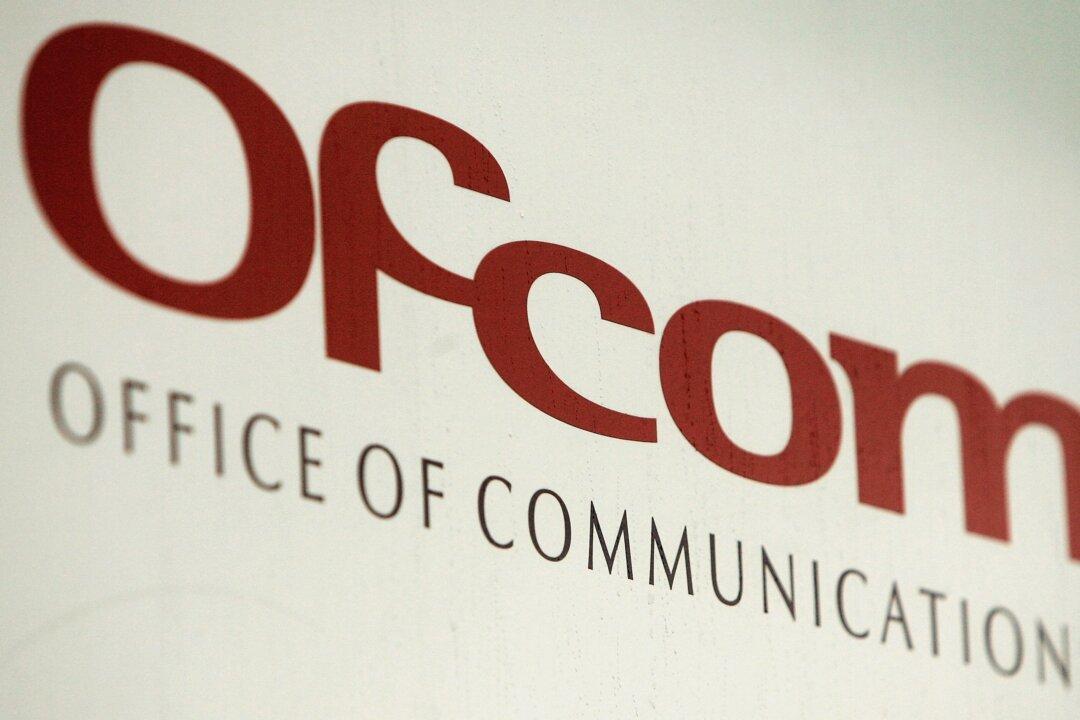The regulator, boosted with extra powers, has set out its plans for the first 100 days as the UK’s online safety regulator, telling tech firms that they should start preparing now for new online safety rules.
In a statement on Thursday, Ofcom said that it will not “censor online content” as the Bill does not give it powers to moderate or respond to individuals’ complaints about individual pieces of content. It added that it will oblige the “largest and riskiest companies” to be transparent and consistent about how they “treat legal but harmful material” when accessed by adults.




